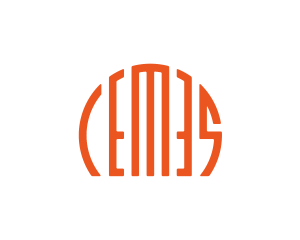Synthesis of π-conjugated polycyclic compounds by late-stage extrusion of chalcogen fragments
Résumé
The “ precursor approach ” has proved particularly valuable for the preparation of insoluble and unstable π-conjugated polycyclic compounds (π-CPCs), which cannot be synthesized via in-solution organic chemistry, for their improved processing, as well as for their electronic investigation both at the material and single-molecule scales. This method relies on the synthesis and processing of soluble and stable direct precursors of the target π-CPCs, followed by their final conversion in situ, triggered by thermal activation, photoirradiation or redox control. Beside well-established reactions involving the elimination of carbon-based small molecules, i.e., retro-Diels–Alder and decarbonylation processes, the late-stage extrusion of chalcogen fragments has emerged as a highly promising synthetic tool to access a wider variety of π-conjugated polycyclic structures and thus to expand the potentialities of the “ precursor approach ” for further improvements of molecular materials’ performances. This review gives an overview of synthetic strategies towards π-CPCs involving the ultimate elimination of chalcogen fragments upon thermal activation, photoirradiation and electron exchange.
Domaines
Chimie organique| Origine | Fichiers éditeurs autorisés sur une archive ouverte |
|---|

